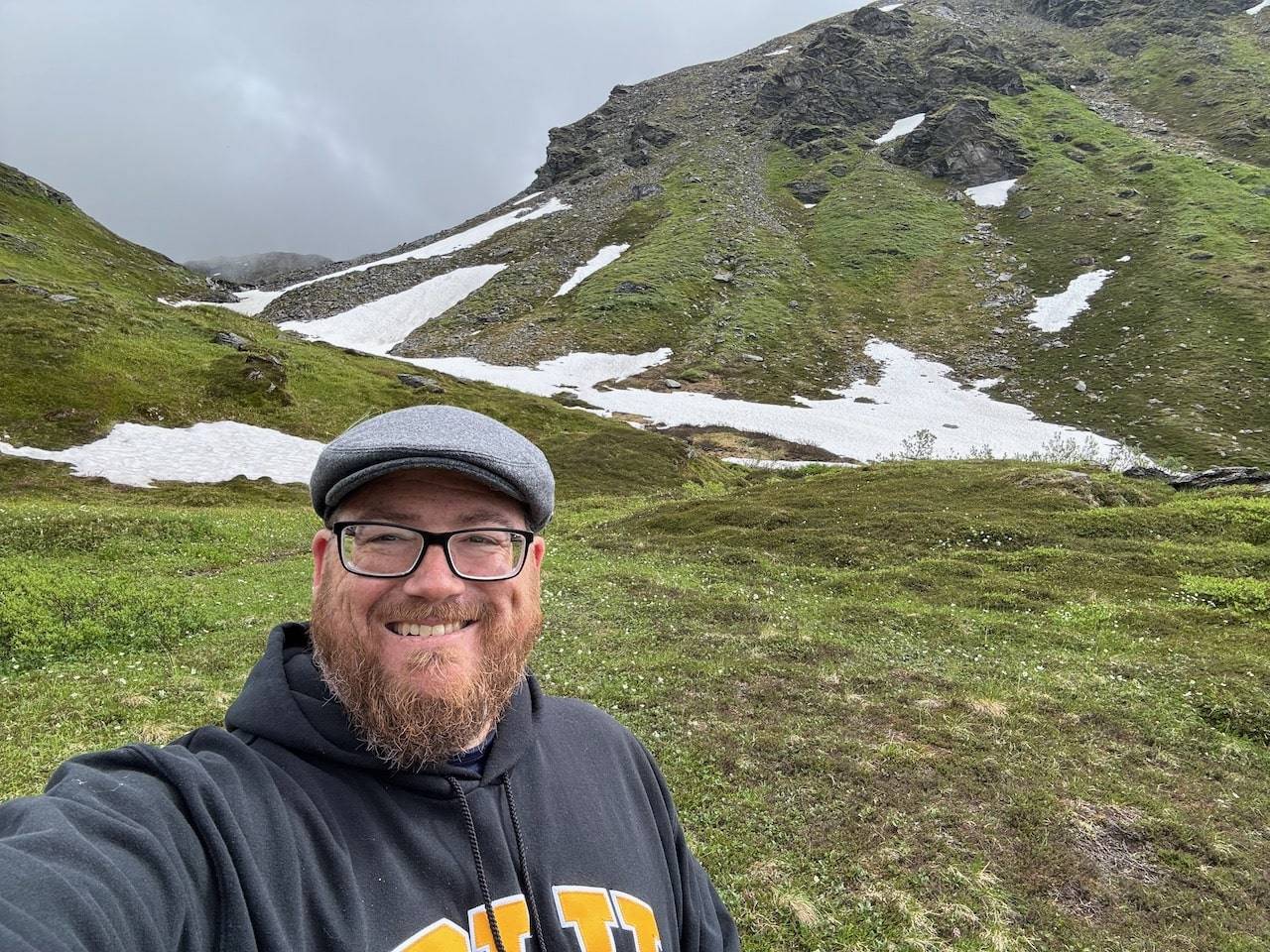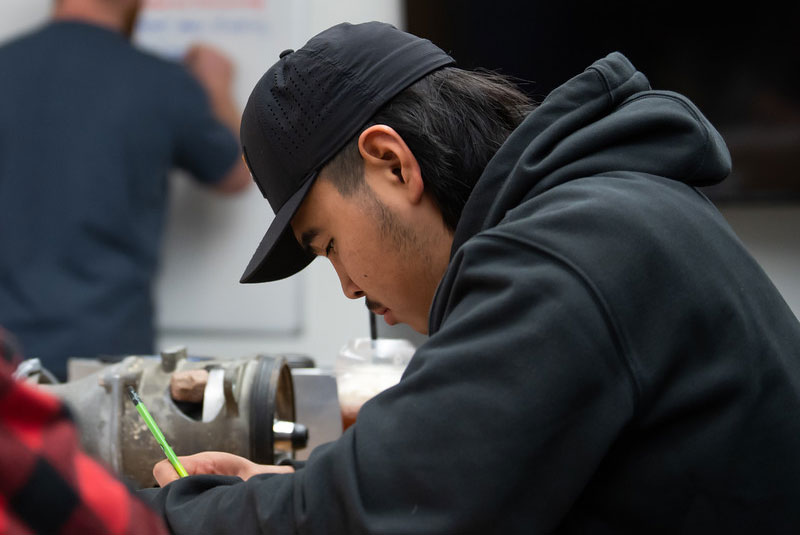Coastal Alaska Ecology 4-Teachers
Coastal Alaska Ecology 4-Teachers
Coastal Alaska Ecology 4-Teachers is a place-based professional development course exploring how to magnify student engagement and motivation by connecting science to local issues. We will spend a week in Cordova using the town and area's unique biogeography as a foil for exploring contemporary environmental issues facing Alaskan communities. We will model place-based pedagogy by using the outdoors as our classroom, and each day will focus on a different topic in environmental science. We will be in the field each day, rain or shine. Each participant will create a lesson or unit they can use immediately in their home community to engage and motivate students in topically relevant, real-world science.
- Based in Cordova, Alaska
- Intended for teachers of science who are not science teachers by training
- Explore the interconnected relationships of the coastal Alaska ecosystem
- Develop student-centered, culturally-responsive knowledge, awareness, and practical skills
Place-based activities may include:
- Hike in a temperate rainforest
- Field research activities in wetlands
- Investigate the intertidal ecosystem
- Boat trip in Prince William Sound
Dates, Location, and Contact
Dates: May 28-June 3, 2026 (*2 required Zoom sessions prior to the onsite course. Times/Dates TBD. Approximately 2 hours each.)
Grant Funding: Available to Alaska teachers and covers tuition, housing, and partial travel reimbursement.
Credits: 3 + 1 *Grant funding requires students to enroll in the summer course and a 1-credit fall curriculum implementation course that will be delivered remotely. Students must receive a C or better in both courses or they will be responsible for tuition expenses.
Seats Available: 10
Location: Cordova
Contact: Katie Bobowski, 907-822-3673 or uaa_pwscforteachers@alaska.edu
Instructor: Bjørn Wolter
- What to expect
Coastal Alaska Ecology 4-Teachers is primarily a field-based course and we will be spending most days outside exploring different learning possibilities. Students should be able to walk at least 5 miles. Portions of the course may be carried out over uneven terrain, often without a trail, and may include river crossings or other hazards depending on route and travel logistics. The course may require good physical condition and ability to perform in cold and/or inclement weather. Students must be prepared to spend long days in potentially harsh terrain, with a number of environmental concerns to mitigate, including: bears, mosquitos, wolves, rivers, weather, temperature, etc.
- What will you get
- A week of content-rich days immersed in classroom and field exercises to deepen teaching pedagogy.
- Teachers will walk away with lesson plans, resources, tools how to fit the curriculum into a classroom or virtual learning environment, and examples of place-based lesson planning.
- All students will develop a place-based lesson plan or unit to use in their own classroom. All of the lesson plans developed will be put into an online database that will be made available to all students for adaptation and use in their classroom.
- Why should you come
- Gives teachers the ability to reconnect to and re-energize their passion for teaching.
- Mixes classroom activities with place-based/outdoor activities, which asks the teachers to not only consider their curriculum, but to also their classroom environment
- Collaborative workshop activities allow STEM teachers to meet and network with other educators who are living through the same experience
- Important Grant Information
- Grant funding will only pay for grades C or higher in the program. Failing grades (F), D's, withdrawals (W), incompletes (I), and No Basis (NB) will not be covered by the grant and students will be responsible for the cost of tuition.
Meet The Instructor
Dr. Bjørn Wolter

Dr. Bjørn Wolter is a program manager with the Alaska Department of Education & Early Development. He has been a professor, researcher, and administrator in Alaska K-20+ education for more than two decades. Bjørn earned a Ph.D in Science Education from Michigan State University, and an M.S. in Plant Ecology and B.S. in Biology from Western Washington University.
Peer Mentor: Cat Walker
Program Coordinator: Katie Bobowski
Partners
This work is supported by the USDA National Insitute of Food and Agriculture










